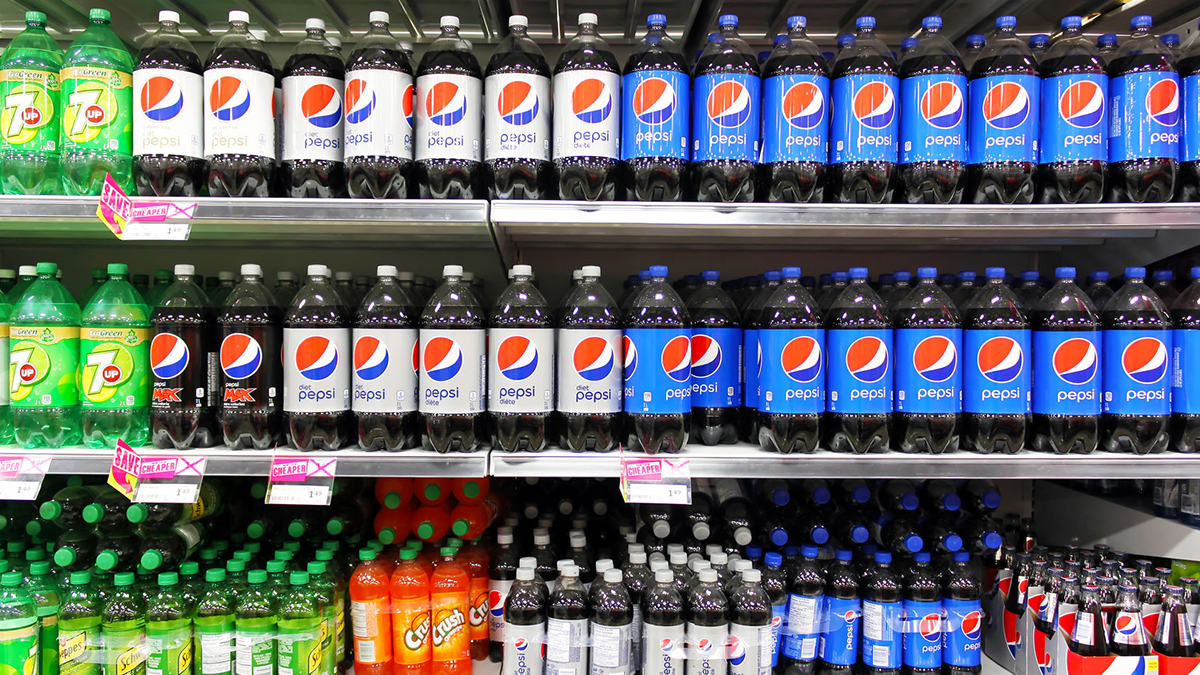California’s moralistic meddlers have moved from Berkeley to Oakland and brought with them Measure HH, a ballot proposition that would impose a 1-cent-per-ounce excise tax on sugar-sweetened beverages.
Advocates say that the tax and others like it are necessary to combat obesity, Type II diabetes and tooth decay. They claim further that the revenue will fund education and public health programs.
Backers of the new tax crow repetitively about a study published in the American Journal of Public Health (AJPH) purporting to show that three months after a similar tax was imposed in Berkeley, poor people reduced their consumption of such beverages by a 21 percent.
Unfortunately, as applied by the Yes on HH campaign, the study is fatally flawed. It simply does not employ a rigorous enough method to justify the tax.
The study includes a detailed section on limitations that expressly cautions that the findings may not apply to other cities.
The authors note, for example, that Berkeley’s residents are much more educated than those of most other cities. Importantly, it is noticeably more educated than Oakland. Census data for Oakland indicate that just 38.6 percent of its population 25 years or older holds at least a bachelor’s degree, while in Berkeley it’s an 70.2 percent. This is an important difference advocates of Measure HH have failed to acknowledge.
The fundamental scientific problem with the study is that it required people in a nonrandom, street-intercept survey to recall and compare their pretax and posttax drinking habits. Behavioral economics suggests that people rarely give accurate answers to such questions and instead “anchor” their responses to convenient numbers that pop into their heads. It’s well known that survey respondents often want to please their interviewers.
Given these shortcomings, it is reasonable to expect that Berkeley’s drop in soda consumption is much smaller than 21 percent, if soda consumption even changed at all.
Research published in the same journal estimated that a 10 percent increase in the price of soda leads to an 8-10 percent decline in sales—casting further doubt on the supposed 21 percent drop. Since other research shows that people simply buy sugary drinks beyond city limits or switch to just as unhealthy diet beverages. It simply is inconceivable that the tax will have perceptible effects on obesity, tooth decay, or any other health problem.
Just over one-quarter of a cent of Berkeley’s soda tax was passed on to consumers in higher retail prices, according to another study. Even if the tax doesn’t deter soda drinking, advocates claim that the revenue collected will be used to educate people on soda consumption’s unhealthy effects. Unfortunately, research on similar policies shows that money earmarked for one program often ends up being redirected to more politically expedient purposes.
No one needs the government or special interests playing nanny and telling them they shouldn’t have a soda—especially when the justification is supported by strained extrapolations from flawed research. Ultimately, a soda tax will succeed only in further extending the power of the state into the personal choices of individuals and placing another regressive tax on consumers, raising revenue on the backs of low-income households.
Voters should respect the dignity of individuals and let them freely choose what they will eat and drink.












